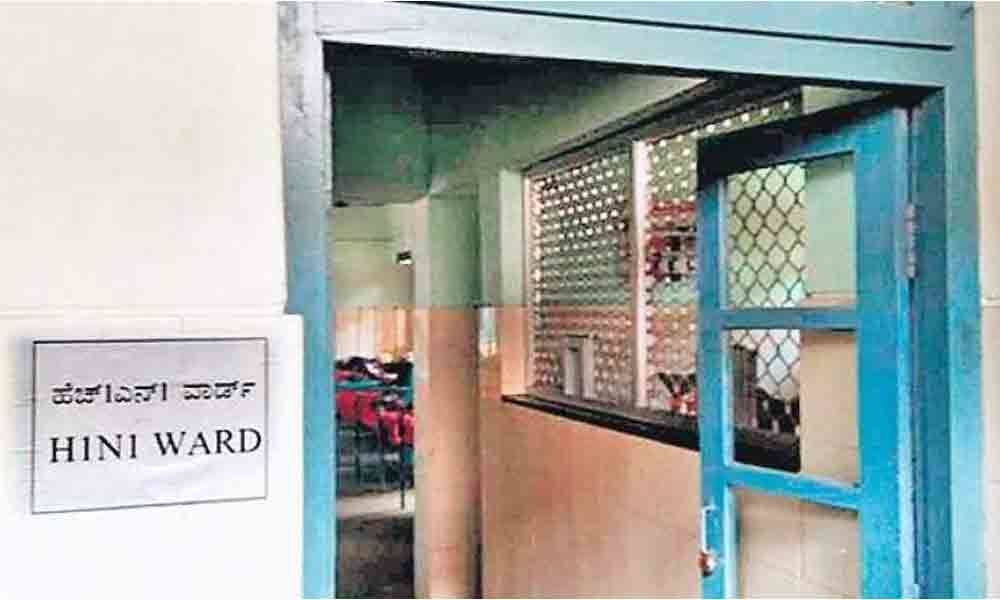Just In
H1N1 virus claimed 1,076 lives in 2019, over 26,000 infected: Health ministry


Swine flu is an infection caused by one of several swine influenza viruses (SIV), with the H1N1 strain being the most common across the country.
NEW DELHI: A total of 1,076 people have lost their lives due to H1N1 virus across the country this year (until June 23), while the number of those infected by it stands at 26,140, the Ministry of Health and Family Welfare said on Friday.
Rajasthan reported the highest number of cases (5,021) and deaths (205), the Ministry said in Lok Sabha, adding that Maharashtra recorded the second highest number of deaths, 189, due to the seasonal virus, while 1,692 cases were reported.
In Gujarat, 149 people died while 4,772 people were infected by the virus, Minister of State for Health and Family Welfare Ashwini Kumar Choubey said in a written reply to a question posed by Congress' Adoor Prakash in Lok Sabha.
Madhya Pradesh reported 146 deaths and 653 cases, followed by Karnataka -- 87 deaths and 1,736 cases. Himachal Pradesh has been placed at the seventh rank on the list where 41 people lost their lives due to the virus while 333 were tested positive.
Delhi and Punjab recorded 31 deaths each as against 3,573 and 534 cases of infection, respectively, the data showed.
Chhattisgarh reported 28 deaths and 144 cases; Jammu and Kashmir saw 27 deaths and 438 cases; Uttar Pradesh had 25 deaths and 1,972 cases; and in Kerala, 22 people died while 593 people were affected as of June 23.
Bihar, where Acute Encephalitis Syndrome (AES) claimed the lives of 132 children, recorded only one death and 51 cases of the H1N1 virus.
There was no death reported due to influenza from ten states and Union Territories, Choubey said.
Last year, a total of 1,113 deaths and 15,266 cases of influenza infection were recorded across India.
Swine flu is an infection caused by one of several swine influenza viruses (SIV), with the H1N1 strain being the most common across the country. It is a self-limiting viral, air-borne disease spread from person to person, through large droplets generated due to coughing and sneezing, indirect contact by touching a contaminated object or surface and close contact, including handshaking and hugging.
Keeping in view the rising cases of swine flu, the government has provided guidelines on the categorisation of patients, treatment protocol and guidelines on ventilator management to the states and union territories.
The Centre has advised the state governments for vaccination of health care workers dealing with H1N1 cases. The states have also been advised to complete the procurement of required logistics for managing seasonal influenza A (H1N1) from their budget.
It is advised that one should cover nose and mouth with disposable tissue or handkerchief when coughing or sneezing, wash hands with soap and water frequently, avoid crowded places, maintain isolation, drink plenty of liquid and consult a doctor if affected by the virus.

© 2024 Hyderabad Media House Limited/The Hans India. All rights reserved. Powered by hocalwire.com






